Kidney Alarm: 11 Subtle Signs You Feel in Your Feet That Could Signal Kidney Trouble
Our feet have a quiet way of telling us when something is not quite right inside our bodies. For many, the first whispers of kidney trouble show up as subtle changes in how our shoes fit, the feeling in our toes, or little shifts in comfort we might brush off as aging. Yet more than 35 million Americans live with some form of kidney disease—often without realizing it—because the earliest warning signs are so easy to miss. The truth is, our kidneys are hard at work every moment, filtering extra fluids and waste out of our bloodstream. When they begin to slow down or encounter stress, it’s the lower parts of our bodies, especially our feet, that can quietly reveal the story first. This isn’t about worrying over every unusual twinge. It’s about tuning in compassionately, treating each small sign as a gentle nudge to check in with ourselves. Early detection can make all the difference in protecting kidney function and feeling your best, whether you’re juggling family, career, or enjoying the wisdom that comes with age. In the following guide, we’ll explore eleven subtle (but important) ways your feet might be signaling it’s time to give your kidney health a closer look. Each sign blends real science with practical wisdom, offering both validation and gentle strategies you can use right away. Think of this as friendly, expert advice for staying vibrant—one healthy habit, and one comfortable step, at a time.
1. Swelling in Feet and Ankles
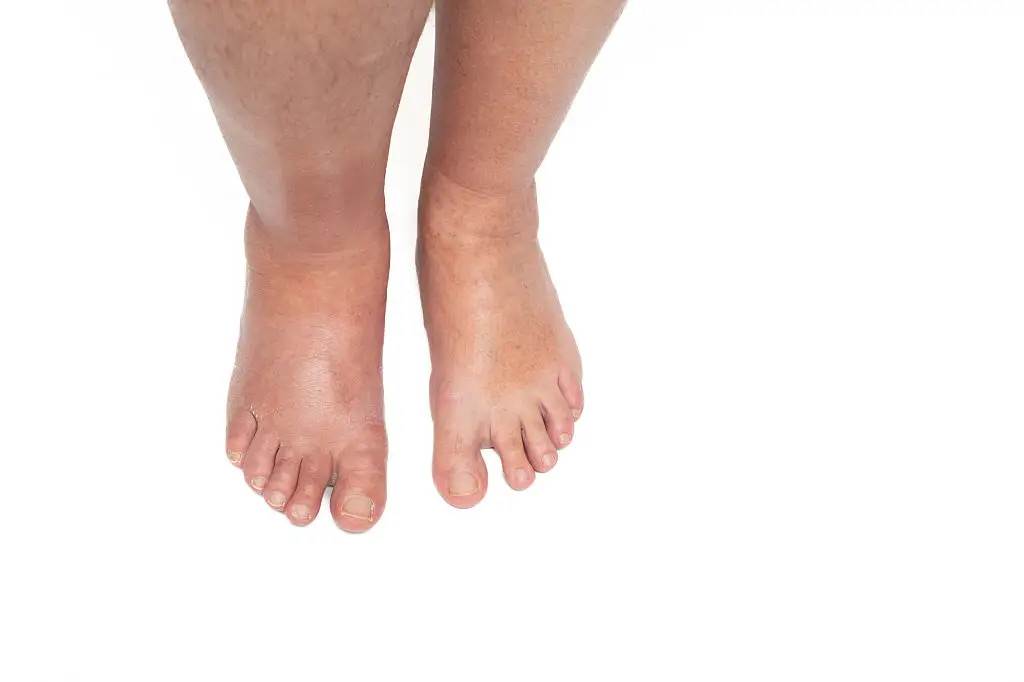
Have you ever noticed your socks leaving deeper impressions on your ankles, or shoes fitting snugger by evening? Puffy feet might seem like a harmless annoyance after a long day, but when swelling sticks around or worsens, your kidneys could be asking for support. Medical experts explain that healthy kidneys filter excess sodium and water from the body. When kidneys aren’t working as efficiently, that extra fluid often settles in the lowest parts of our bodies—hello, swollen feet and ankles. Dr. Mateo Ledezma, a nephrologist, notes, "If the kidneys slow down or do not work well, then fluid can be retained, resulting in persistent swelling in tissue." This kind of swelling (called edema) may be subtle at first: rings feel tight, socks leave marks, and your toes might look puffier at the end of the day. People with high blood pressure or diabetes are at greater risk—about two-thirds of kidney failure cases start this way. If you spot swelling that lingers, especially in the morning or paired with other symptoms, it’s a good time to reach out to your healthcare provider and discuss kidney screening.
2. Noticeable Puffiness in Toes or Soles
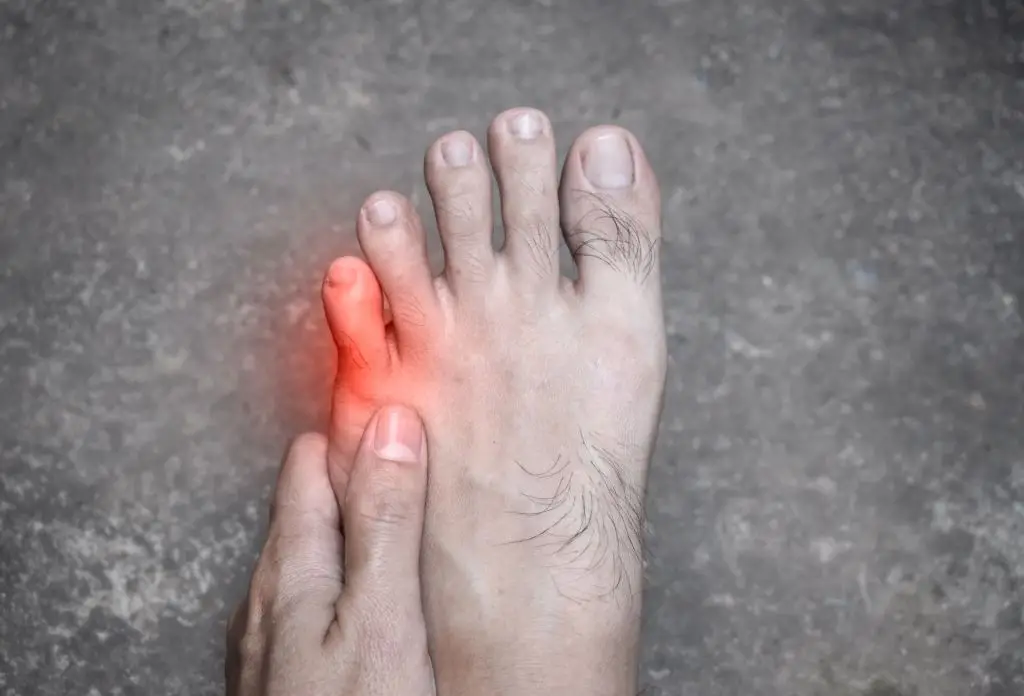
Sometimes, the earliest signs of kidney trouble are so gentle you might only notice them slipping into your favorite sneakers. Puffy toes or a “spongy” sensation in the soles—especially first thing in the morning—often signal the start of fluid buildup. That's because as our kidneys get a bit sluggish, tiny blood vessels in the feet allow fluid to seep into softer tissues. This kind of swelling may come and go and is easy to overlook—especially if it improves after you move around. But taking a moment to observe your feet at different times of day (like comparing how your toes feel before bed and when you first wake up) can reveal patterns worth mentioning at your next checkup. According to Prevention Magazine, watching for even mild changes in foot puffiness can help you catch kidney issues before they progress. Giving your toes a quick squeeze—a practical self-check—can help you notice subtle shifts and advocate for your health with confidence.
3. Reduced Urine Output With Heavier Feet
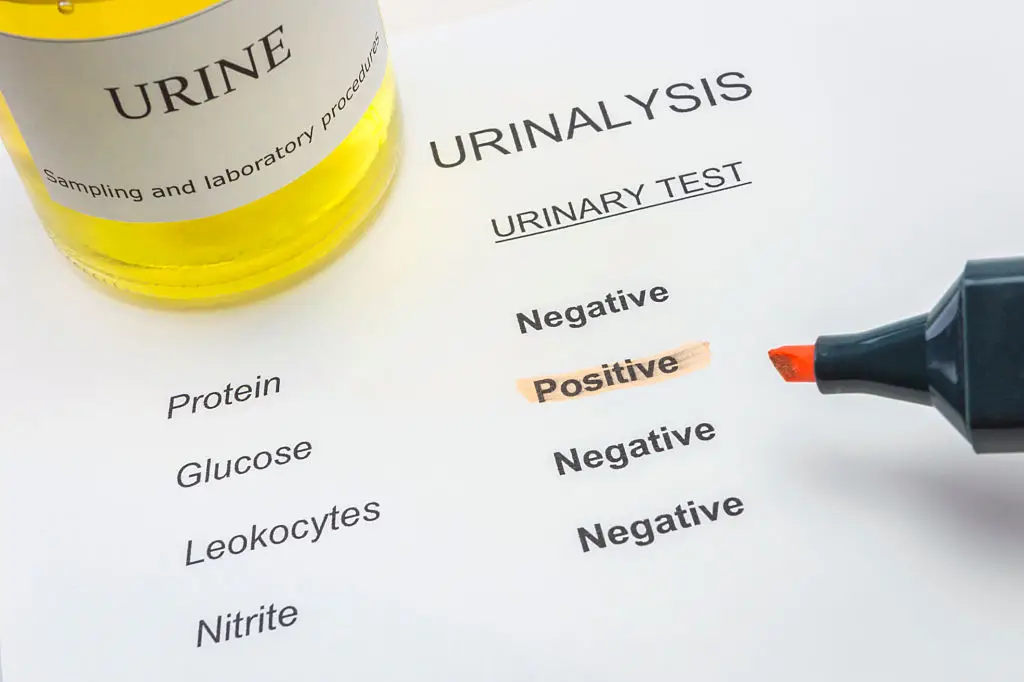
It’s easy to attribute puffy or heavy feet to a late dinner or salty meal. But if you find you’re visiting the restroom less often, while your legs and feet feel heavier, it could be an early signal of kidney stress. When healthy, kidneys act as natural filters, balancing fluids and keeping waste moving out through urine. Slowdowns in this system mean less urine production and more fluid “parking” itself in the body, especially the lower limbs. Dr. Jeremy Allen, a board-certified family physician, says it’s possible to lose up to 90% of kidney function before dramatic symptoms appear. That’s why subtle patterns—like heavier, fatigued legs combined with less urination (despite drinking regularly)—are worth noticing early. If you’re tracking your daily habits, jot down your fluid intake and pay attention to changes. Open conversations with your provider about any dips in urine output (with or without swelling) can lead to simple, effective screening and peace of mind.
4. Unusual Numbness or Tingling Sensations
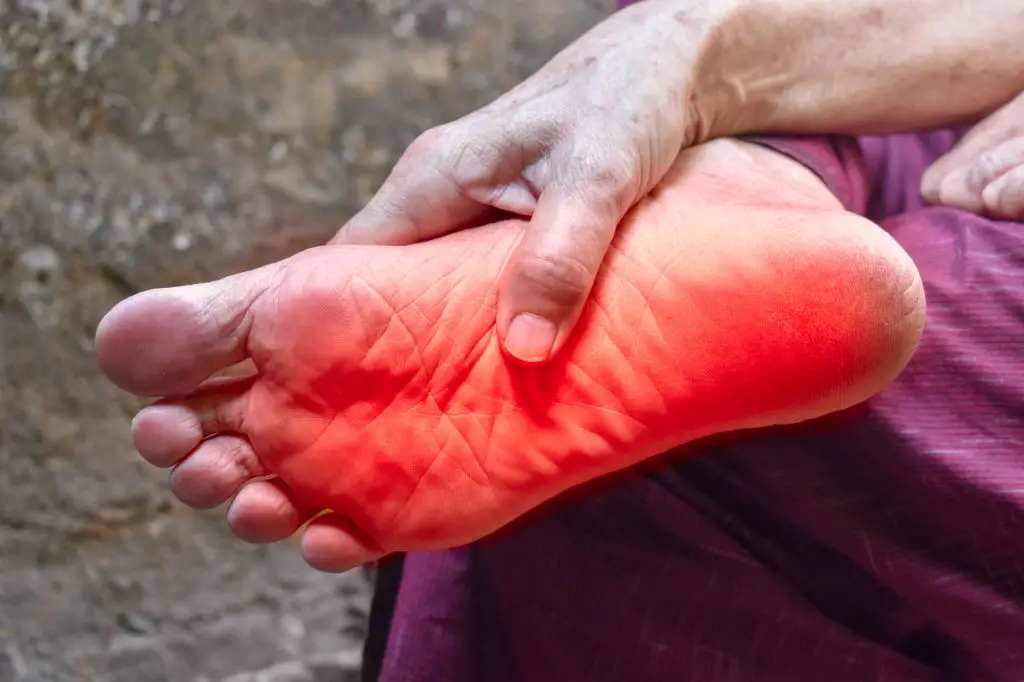
Have you ever had a foot “fall asleep” unexpectedly or noticed tingles while relaxing? For some people, these sensations—numbness, “pins and needles,” or mild pain—become more frequent as kidney function declines. This is often caused by peripheral neuropathy, a type of nerve damage that becomes more common when kidneys lose their filtering power. High blood sugar and chronic kidney stress both play a role by allowing toxins to linger and affect delicate nerves, particularly in the feet and legs. While occasional tingling may not seem urgent, the gradual increase or persistence of these sensations means your nerves are asking for attention. People with both diabetes and kidney disease are especially at risk. If you’re noticing an uptick in these symptoms—or if they interfere with your balance or comfort—bring them up at your next doctor’s visit. Early action can protect the well-being of both your nerves and kidneys, supporting steady steps for years to come.
5. Persistent Foot Cramps

Foot cramps that pop up during a morning stretch or midnight stroll aren’t always a cause for alarm. But if they’re happening more often or refuse to go away with gentle movement, it may be a message from your body about underlying kidney changes. Healthy kidneys help balance electrolytes—minerals like potassium, calcium, and phosphorus—that keep muscles working smoothly. When kidneys falter, imbalances in these minerals are common and can trigger stubborn cramps in the feet and calves. These cramps sometimes appear after activity, but they can also strike when you’re resting or even asleep. Dr. Jonathon Shaffer, an internist, notes that such imbalances caused by kidney issues often show up in the extremities first. Stretching and staying well hydrated may help, but cramps recurring without an obvious cause deserve a mention at your next appointment. Gentle curiosity—rather than self-blame—sets you up to get the support and screening you need for both comfort and peace of mind.
6. Unexplained Foot Skin Changes
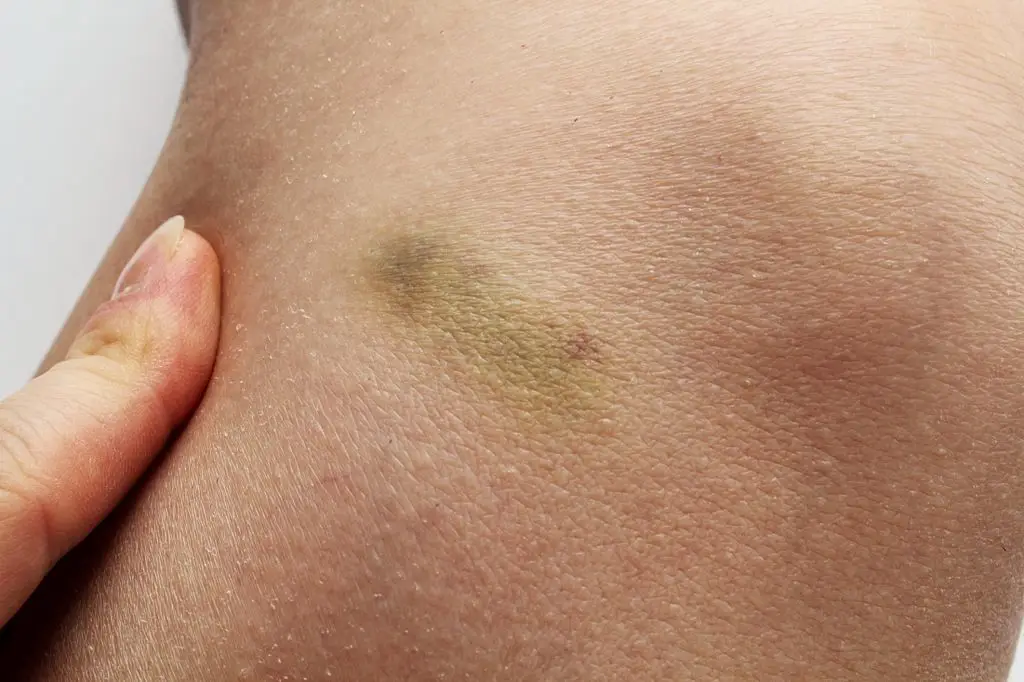
Our skin tells a surprisingly rich story about internal health. When kidneys are under strain, toxins and waste products can accumulate in the blood and affect skin cells far from where the problem began. If you notice new dryness, flakiness, unusual pale or dark patches, or an unexplained rash on your feet, these could be subtle signs of kidney stress. Sometimes, these skin changes appear alongside swelling or itching, but they may show up on their own. A gentle self-care routine (moisturizing, avoiding harsh soaps, and wearing comfortable socks) can soothe mild symptoms. Still, sudden or lasting changes in foot skin—especially discoloration—should be discussed with a healthcare provider. Specialists can help pinpoint the cause and recommend the best plan so your feet stay as healthy as possible while addressing your overall well-being.
7. Cold Feet Even in Warm Weather
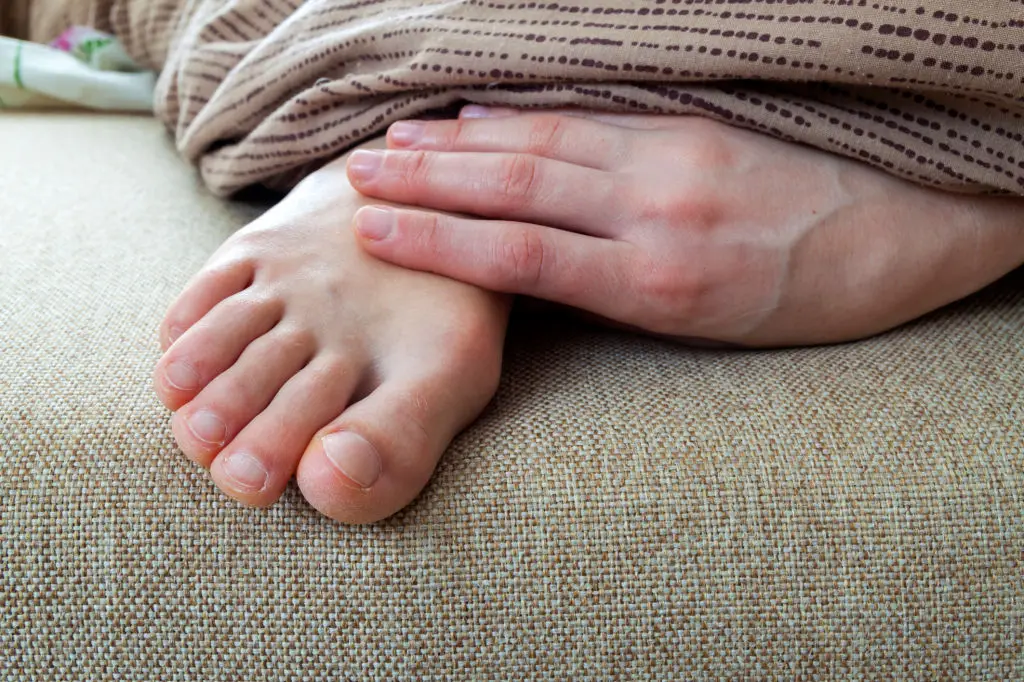
There’s nothing unusual about chilly toes on a frosty morning, but if your feet are cold even with cozy socks—or during warm days—it might be worth a closer look at your circulation and kidney health. Kidneys help regulate red blood cell production and control blood flow. When they’re struggling, anemia can set in and circulation to the feet may suffer, leaving you with a lingering chill. Sometimes, cold feet are paired with paler or bluish coloring, or even mild numbness. It’s easy to shrug off this symptom, but persistent coldness that doesn’t resolve with warmth or movement could hint at an underlying issue, especially for those with risk factors like diabetes, hypertension, or family history of kidney issues. Jot down when you notice these sensations and share the pattern with your provider—they may recommend simple blood work to check both circulation and kidney function.
8. Slow-Healing Foot Sores or Ulcers
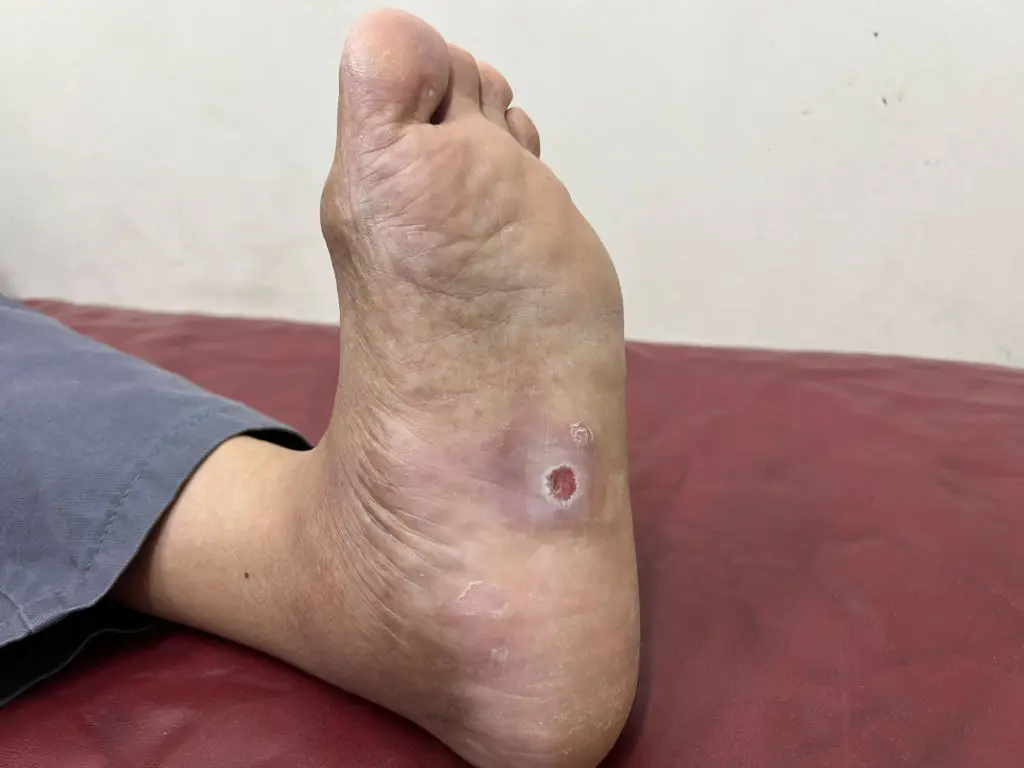
Feet are often subject to nicks and scrapes from daily life, but most wounds should heal within a few days. When minor cuts, scrapes, or sores on your feet seem stubborn or won’t close up, that’s a sign your body’s healing system needs support. Kidney function affects both immune health and the small vessels responsible for transporting nutrients to skin and tissues. Slow wound healing often goes hand in hand with poor circulation—another common issue in declining kidney health. People with diabetes may see this symptom sooner, as high blood sugar also impairs healing. Daily foot checks, keeping wounds clean and covered, and wearing supportive footwear are smart steps for everyone. If healing is delayed or a sore develops redness or drainage, seek medical advice promptly to prevent infection and address the root cause with care.
9. Itchy Feet With No Obvious Cause
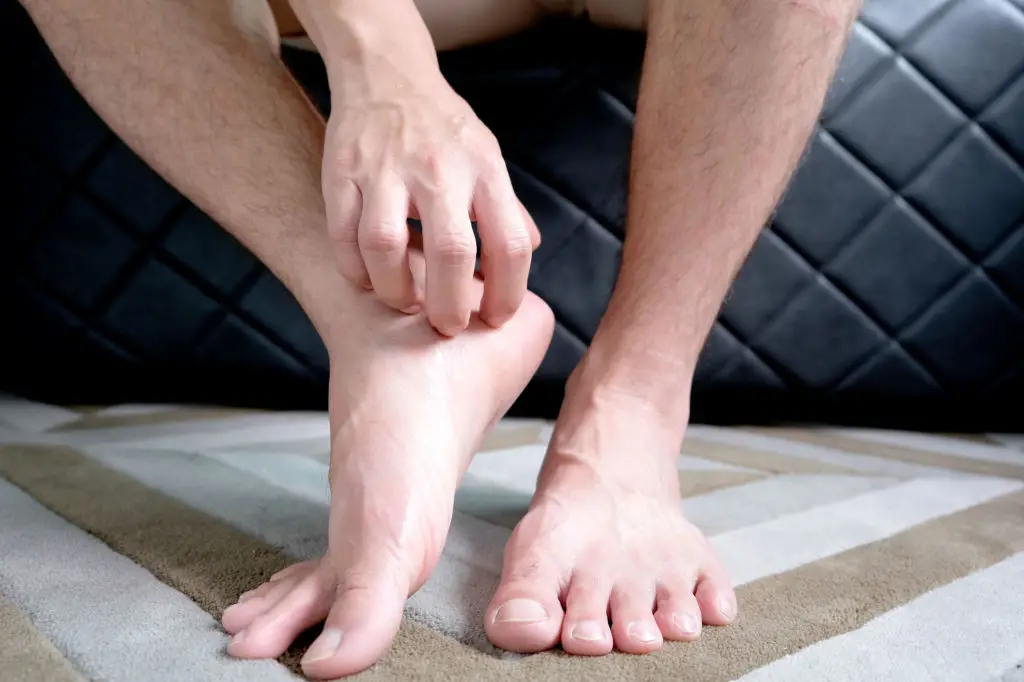
Everyone experiences the urge to scratch their feet now and again. But when itching becomes persistent—especially without a rash, new soap, or visible bites—it may be a sign that uremic toxins are building up due to kidney trouble. Medical experts often refer to this as “uremic pruritus,” a common but under-discussed early symptom of chronic kidney disease. This itchiness can become more intense at night, interfering with sleep. Regular moisturizing with gentle, fragrance-free lotion may provide some relief, and cool compresses are soothing. If itchiness lingers or worsens, bring it up at your next visit. Your provider may want to check your kidney function, adjust medications, or recommend topical treatments. Remember: acting early is an act of self-care, not overreacting—your body simply wants to feel at ease.
10. Noticing Changes in Foot Color
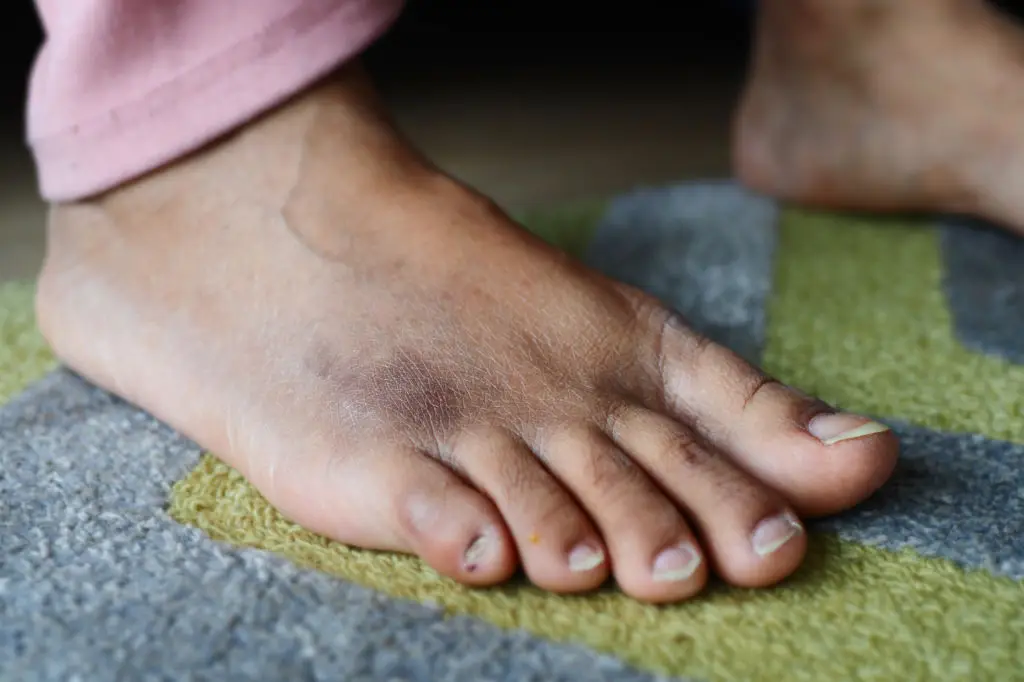
A quick glance at your feet can reveal more than you might expect about your overall health. Beyond temperature changes, shifts in the actual color of your feet—like turning unusually pale, reddish, purple, or patchy—may be among the subtle ways your body signals kidney concerns. These changes can reflect poor circulation, anemia, or blood vessel changes related to kidney function. While occasional color change isn’t necessarily alarming, persistent or dramatic shifts should prompt a closer look. Stand barefoot with your feet flat on the floor and notice their color compared to your hands or other body parts. Jot down any changes to share with your provider at your next checkup. These small notes help your care team make timely, holistic recommendations for both kidney and vascular health, supporting you in feeling steady and strong.
11. Trouble Balancing or Walking
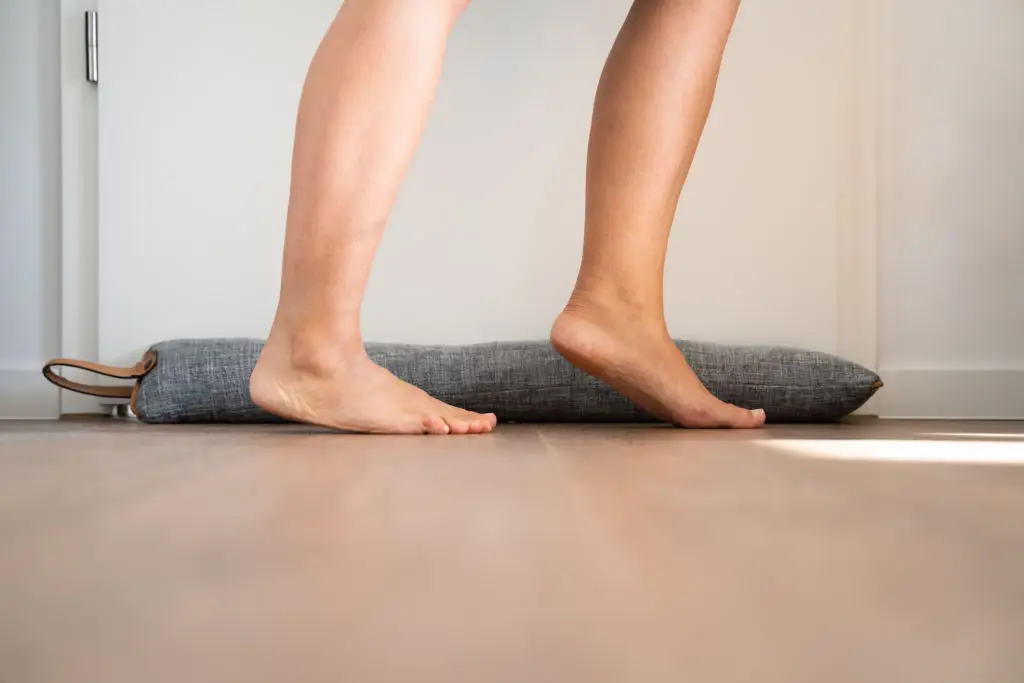
Sometimes, the quietest signs of kidney stress show up as an awkward step, a feeling of clumsiness, or losing your balance more than usual. Changes in nerve or muscle health (both influenced by declining kidneys) can make walking feel less smooth, or your feet may not “listen” to your brain quite like they used to. This subtle loss of coordination is often partnered with tingling, foot weakness, or recent swelling. Simple self-checks—like walking in a straight line or standing on one foot—can help you spot changes before they cause problems. Remember that everyone has an off day, but a pattern of stumbling or unsteadiness is worth discussing with your provider. The goal isn’t perfection; it’s early, gentle awareness and keeping your steps sure and confident as you move through life.
A Gentle Step Toward Kidney Awareness

Learning to recognize the quiet messages your feet are sending can be an empowering act of self-care—not a reason for panic. Kidney health is a journey, not a single appointment or test. By noticing subtle changes like swelling, skin shifts, tingling, or trouble balancing, you’re advocating for your well-being and giving your body the same kindness you’d offer a cherished friend. If anything from this list feels familiar, remember that support is always within reach: healthcare providers are there to listen, offer tests, and explore next steps with empathy. Most importantly, integrating these small self-checks into your routine is a powerful way to stay proactive while honoring the wisdom of an aging body. Rest assured, early action makes a dramatic difference—protecting energy and comfort as you savor every step in the years ahead. By paying close attention and embracing gentle curiosity, you can help your kidneys (and your feet) stay strong, nurtured, and ready to carry you confidently wherever life leads.